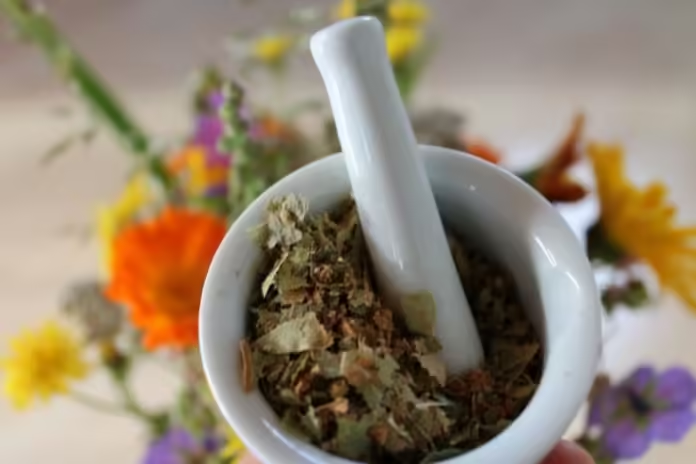SACRAMENTO — Gov. Gavin Newsom announced Oct. 16 that California is expanding access to culturally-based substance use disorder or SUD treatment services.
After years of working toward this milestone, this expansion marks the first time Medi-Cal will cover traditional health care practices in use since time immemorial. These are deeply rooted in cultural practices and have been shown to improve health outcomes, particularly for individuals with SUDs.
Native Americans continue to be disproportionately impacted by the opioid epidemic, with higher overdose death rates than other racial and ethnic groups in the United States.
“As the home of the largest population of Native Americans in the country, California is committed to helping heal the historical wounds inflicted on tribes – including the glaring health disparities we see between Native communities and other groups,” Gov. Gavin Newsom said. “Like many of the issues that plague successive generations of Native people, those inequities can be traced back to the historical atrocities the U.S. inflicted on tribes across the country. By supporting greater access to traditional medicine and healing, we are taking another step toward a healthier, brighter future.”
“Native American communities have long faced barriers to accessing traditional medicines and healing resources in this State,” said Tribal Affairs Secretary Christina Snider-Ashtari. “Support for these critical practices will again allow the rich and diverse Native populations who have lived here since time immemorial – along with those who now call California home – to access time-honored and tested methods to bolster wellness in Native families, communities, and tribal nations.”
Traditional Healers and Natural Helpers
The Centers for Medicare & Medicaid Services’ or CMS approval for California, alongside Arizona, New Mexico and Oregon, allows two new categories of interventions to be covered by Medi-Cal, as developed by the state in partnership with tribal partners:
- The first, provided by traditional healers, includes music therapy (i.e., traditional music, songs, dancing, and drumming) and spiritual interventions (i.e., ceremonies, rituals, and herbal remedies). A traditional healer is any person currently recognized as a spiritual leader with at least two years of experience practicing in a setting recognized by a Native American tribe and who is contracted or employed by an Indian health care provider or IHCP.
- The second, provided through natural helpers, includes navigational support, psychological skill building, self-management, and trauma support. A natural helper is a health advisor who delivers health, recovery and social supports in the context of tribal cultures. Natural helpers can be spiritual leaders, elected officials, or paraprofessionals who are trusted members of a Native American tribe.
This marks a significant milestone in the state’s ongoing efforts to recognize the valuable contributions of traditional healing practices within the healthcare system. Traditional healing services have been trusted and tested methods of care for Native Americans for generations. They are deeply rooted in cultural practices and have been shown to improve health outcomes, particularly for individuals with SUDs.
Studies have demonstrated that these culturally centered approaches can enhance engagement and recovery outcomes, making them an essential component of holistic care for Native communities. Additionally, the state recognizes that tribal communities understand themselves best – and that each tribe has different needs, traditions, and histories – so each participating IHCP will create its own process to identify and credential its own traditional healers and natural helpers.

Click to watch a video from Virginia Hedrick, Executive Director for the Consortium for Urban Indian Health: Healer_VirginiaHedrick_2min_Vertical_V2.mp4
Starting Jan. 1, 2025, IHCPs can request Medi-Cal reimbursement for traditional healer and natural helper services provided to residents of qualifying counties. In the coming months, the state will consult with tribes and tribal partners to develop guidance.



